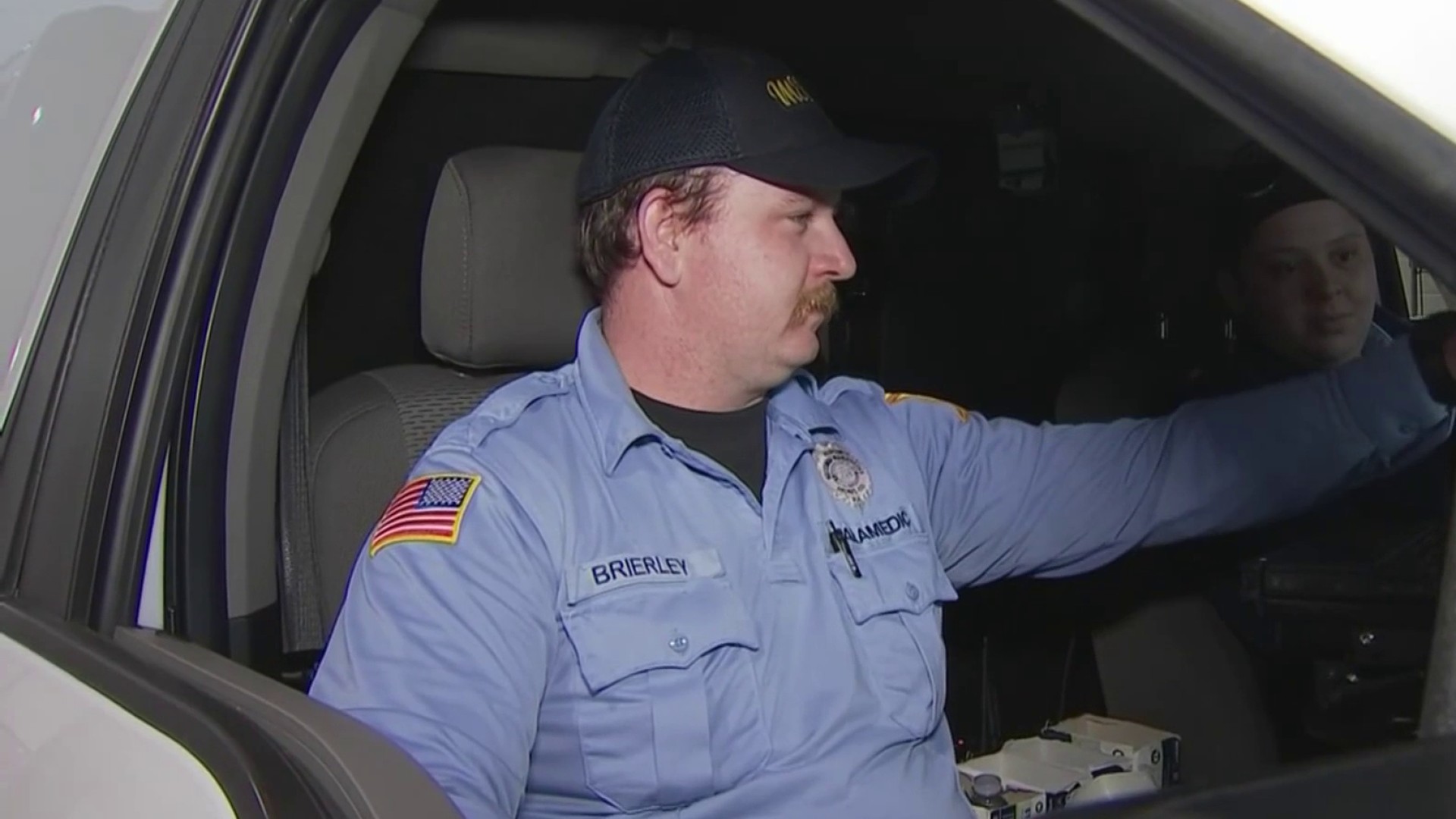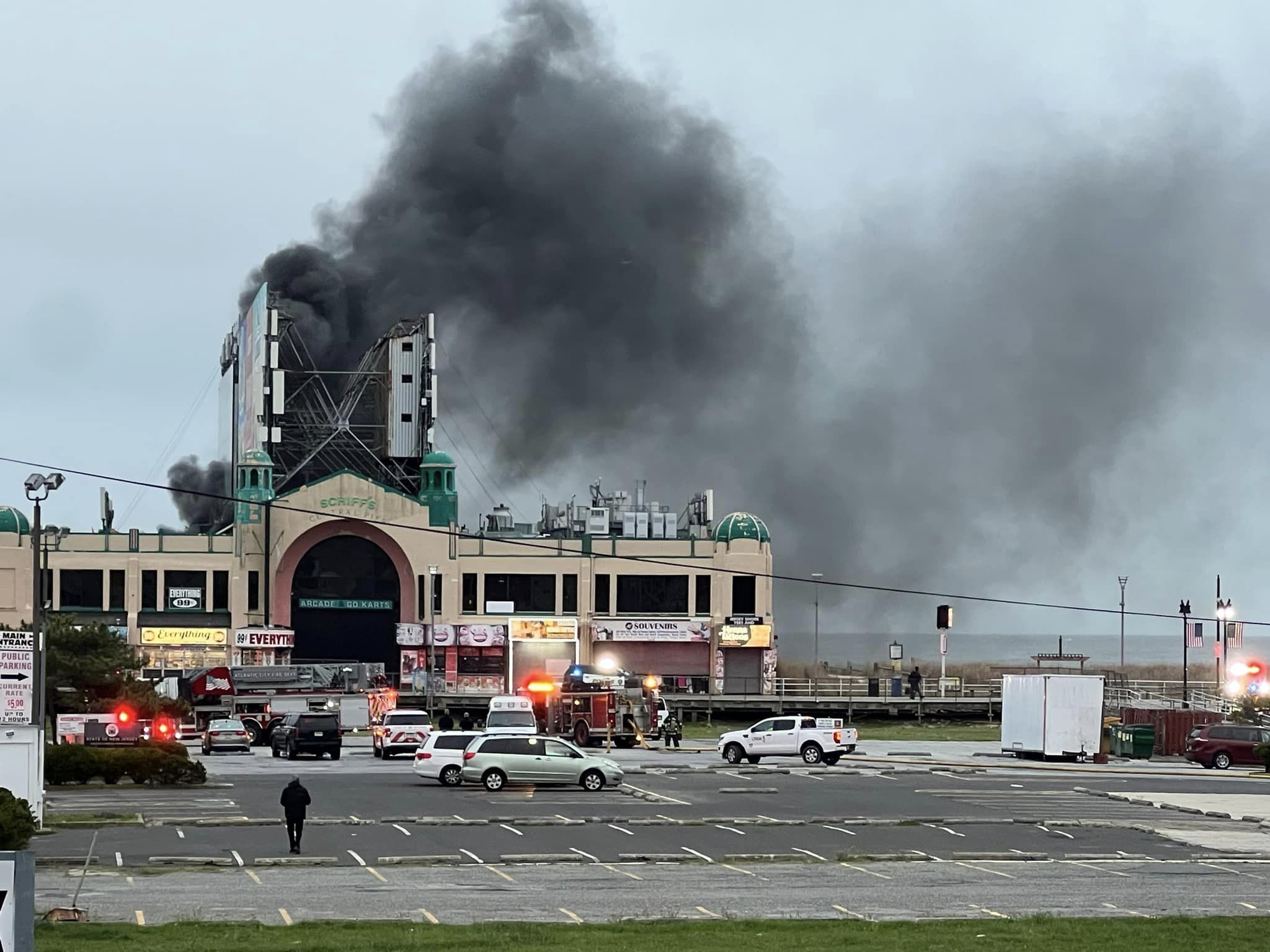Philadelphia City Council opened its special investigation into the deadly Center City building collapse Wednesday, but questions regarding what happened specifically with the collapse were not addressed -- and probably won’t ever be asked in this forum.
Led by Councilman Curtis Jones, Jr., the committee of five council members posed policy and procedural questions to Philadelphia Department Licenses & Inspections Commissioner Carlton Williams and Deputy Mayor Everett Gillison.
From the outset Councilman Jones, Jr. said the goal of the committee is to determine whether a lack of management and oversight led to the June 5 collapse that killed six and injured 13 and prevent future disasters from happening.
“We will not point blame, we will take facts and we will create good public policy,” he said addressing the chamber of three dozen staffers, citizens and reporters. He added that the committee’s findings could lead to new legislation and appropriations.
Commissioner Williams and Deputy Mayor Gillison’s appearance was voluntary, but with conditions.
City Solicitor Shelly Smith sent a letter to Councilman Jones, Jr. saying the administration would be happy to make Deputy Mayor Gillison and Commissioner Williams available to testify, so long as they are not asked specific questions about the building collapse due to the Philadelphia District Attorney’s grand jury investigation.
“While we believe that these employees have acted responsibly, by making these individuals available to your committee, we do not wish to place them in a position where they might inadvertently waive important rights that they possess in connection with the grand jury investigation,” Smith wrote in the letter.
While Council respected the wishes of the Mayor’s Office, the committee could have exercised much more power at the hearing – the first of five about the collapse.
The Philadelphia Home Rule Charter gives Council the ability to require witnesses to appear before them to answer questions. They also have the power to issue subpoenas for documentation. Councilpersons can use the courts to enforce the subpoenas – a move that was exercised in 2004 to compel the Philadelphia Housing Authority’s executive director Carl Greene to testify about labor negotiations.
Any investigatory hearing council holds is also required to be open to the public – potentially providing details more quickly to citizens than a typical law enforcement investigation would yield.
Local
Breaking news and the stories that matter to your neighborhood.
Zach Stalberg, CEO of the non-partisan government organization Committee of Seventy, says while the public may want Council to ask tough questions now, he understands the position they took.
“I think Council opted to stay away from specifics so the hearings would not compromise more serious investigations,” he said. “I would hate to see the villains get a break here because something was made public prematurely or improperly.”
There are currently six investigations underway – including the grand jury and Council’s committee. Stalberg says focusing the investigation isn’t a bad move.
“The other reality is that Council members are politicians, not investigators. It’s good to know your limits.”
Contact Vince Lattanzio at 610.668.5532, vince.lattanzio@nbcuni.com or follow @VinceLattanzio on Twitter.



